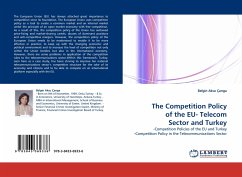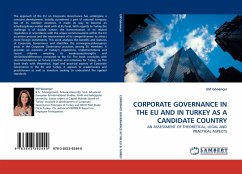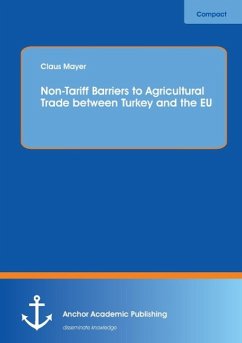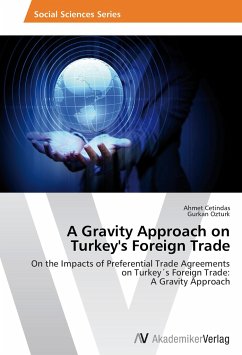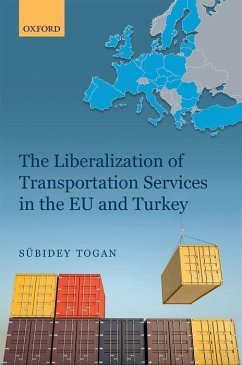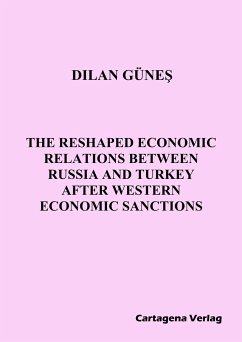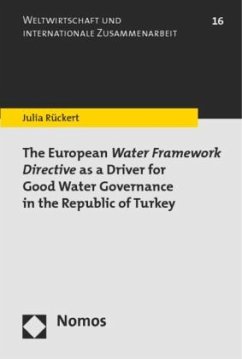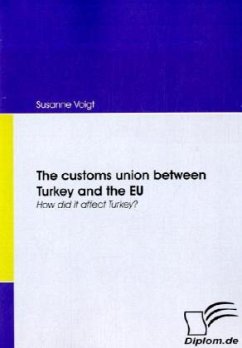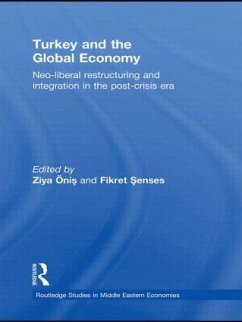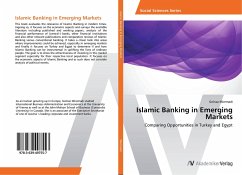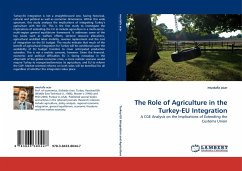
The Role of Agriculture in the Turkey-EU Integration
A CGE Analysis on the Implications of Extending the Customs Union
Versandkostenfrei!
Versandfertig in 6-10 Tagen
52,99 €
inkl. MwSt.

PAYBACK Punkte
26 °P sammeln!
Turkey-EU integration is not a straightforward one, having historical, cultural and political as well as economic dimensions. Within this wide spectrum, this study analyzes the implications of integrating Turkey's agriculture with the EU. This is the first study to investigate the implications of extending the CU to include agriculture in a multi-sector, multi-region general equilibrium framework. It addresses some of the key issues such as welfare effects, sectoral resource allocations, agricultural unskilled labor mobility, revenue replacement and the cost of integration on the EU budget. Th...
Turkey-EU integration is not a straightforward one, having historical, cultural and political as well as economic dimensions. Within this wide spectrum, this study analyzes the implications of integrating Turkey's agriculture with the EU. This is the first study to investigate the implications of extending the CU to include agriculture in a multi-sector, multi-region general equilibrium framework. It addresses some of the key issues such as welfare effects, sectoral resource allocations, agricultural unskilled labor mobility, revenue replacement and the cost of integration on the EU budget. The results indicate that much of the benefit of agricultural integration for Turkey will be conditional upon the availability of EU budget transfers to cover anticipated production subsidies. This is not a realistic scenario, however. Given the financial, economic and political difficulties EU is facing nowadays in the aftermath of the global economic crisis, a more realistic scenario would require Turkey to reorganize/downsize its agriculture, and EU to reform the CAP. Market-oriented reforms on both sides will be benefitial for all regardless of whether this integration takes place.



